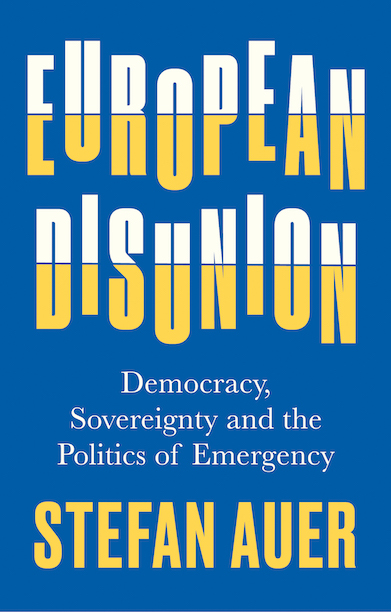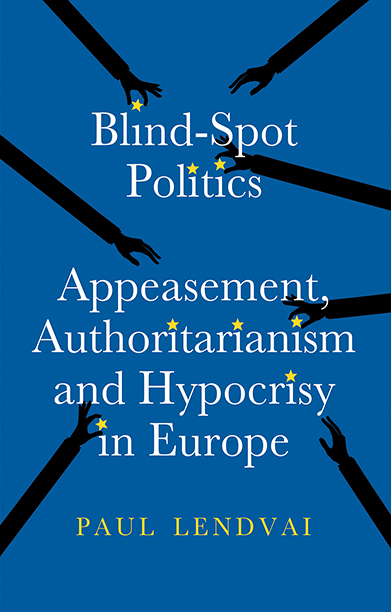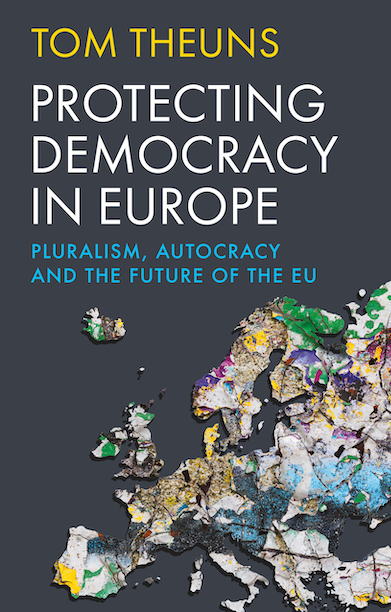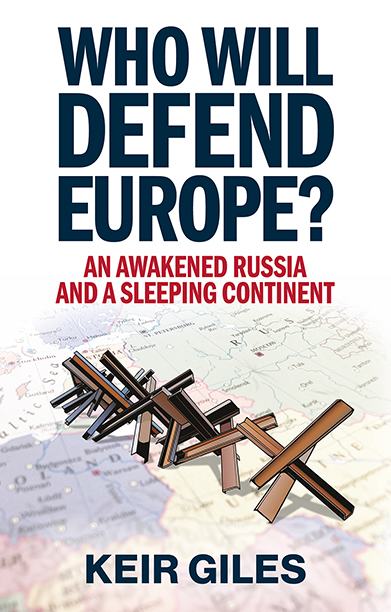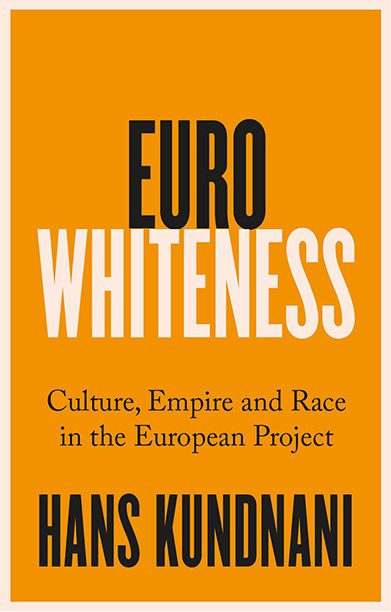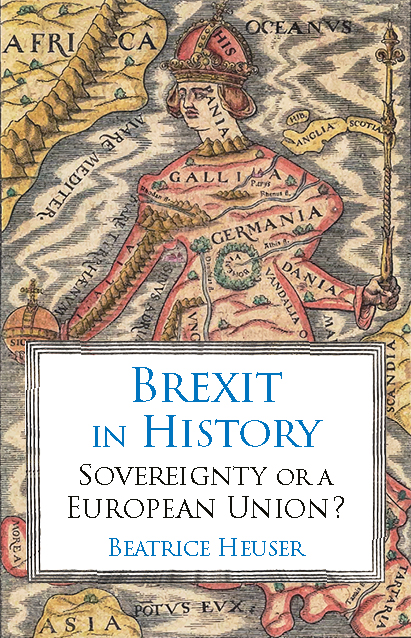European Disunion
Democracy, Sovereignty and the Politics of Emergency
A compelling critique of the European project, arguing that the EU has failed to establish supranational sovereignty, yet has still damaged national democracies.
Description
The European Union means many different things to its many peoples. In Germany, for example, the European project was conceived mainly as post-national, or even post-sovereign. In France, by contrast, President Emmanuel Macron has pursued the vision of a sovereign Europe; that is, an EU that would become a formidable geopolitical actor. Yet, instead, Europe has struggled to ascertain its values abroad and even domestically, facing a sovereignist rebellion from its newer member states, such as Hungary and Poland, and the departure of Britain. The eurozone crisis has undermined the EU’s economic credentials, the refugee crisis its societal cohesion, the failure to stand up to Russia its sense of purpose, and the Covid-19 pandemic its credibility as a protector of European citizens.
The key argument of this book is that the multiple crises of the European project are caused by one underlying factor: its bold attempt to overcome the age of nation-states. Left unchecked, supranational institutions tend to become ever more bureaucratic, eluding control of the people they are meant to serve. The logic of technocracy is thus pitted against the democratic impulse, which the European Union is supposed to embody. Democracy in Europe has suffered as a result.
Reviews
‘[A]n astute observer of the bloc’s institutional dynamics.’ — The European Conservative
‘European disunion provides a valuable reminder that none of the fundamental problems with European integration have thus been solved and that new ones have been created in recent decades.’ — International Affairs
‘One of the most thorough and interesting revisionist critiques of the European project… This is a powerful argument, based on thorough research and delivered in elegant, succinct prose… Auer has put his finger on a deep sore on Europe’s body politic.’ — Survival
‘A breath-taking journey into the depths of the EU, its levels of governance, its successes, failures, fortes, and weaknesses.’ — Swiss Political Science Review
‘A stirring, extremely pertinent wakeup call.’ — Voegelin View
‘Distinguished by its broad scope and bracing analysis of the limits of integration, Auer’s book tackles big questions about contemporary EU politics with an impressive depth of field.’ — Jonathan White, Deputy Head of the European Institute, and Professor in Politics, European Institute, London School of Economics
‘Weaving together empirical narrative and philosophical insight, Auer offers us a deep dive into the foundational underpinnings of the EU’s crisis-driven malaise. A precious contribution to our European debates.’ — Kalypso Nicolaïdis, Professor of International Relations, University of Oxford, and author of Exodus, Reckoning, Sacrifice: Three Meanings of Brexit
‘A passionate book that recalls the noble beginning of the European project, but then mercilessly uncovers decades of errors, empty promises, failures and obfuscations. The message: we can only move forward if we concede this history. “Wir schaffen das”? We have to work at it!’ — Christian Joerges, Professor Emeritus of Law and Society, Hertie School, Berlin
‘Written with an impressive historical sensitivity, this is an incisive account of where the European Union fails and why it does. Auer succeeds in what he sets out to do: he puts politics back into the study of European politics.’ — Helen Thompson, Professor of Political Economy, University of Cambridge
‘From one of the most incisive and perceptive critical voices in EU studies, this brilliant book is eurosceptic in the best sense of the word: sympathetic to the democratic aims of the EU, but sceptical about its orientation, modus operandi and achievements.’ — William Outhwaite, Professor Emeritus of Sociology, University of Sussex, and author of Transregional Europe
Author(s)
Stefan Auer is Associate Professor at the University of Hong Kong. Twice named Jean Monnet Chair in EU Studies, he has published an award-winning monograph, Liberal Nationalism in Central Europe, and articles in Government and Opposition; International Affairs; the Journal of Common Market Studies and West European Politics, among others.
